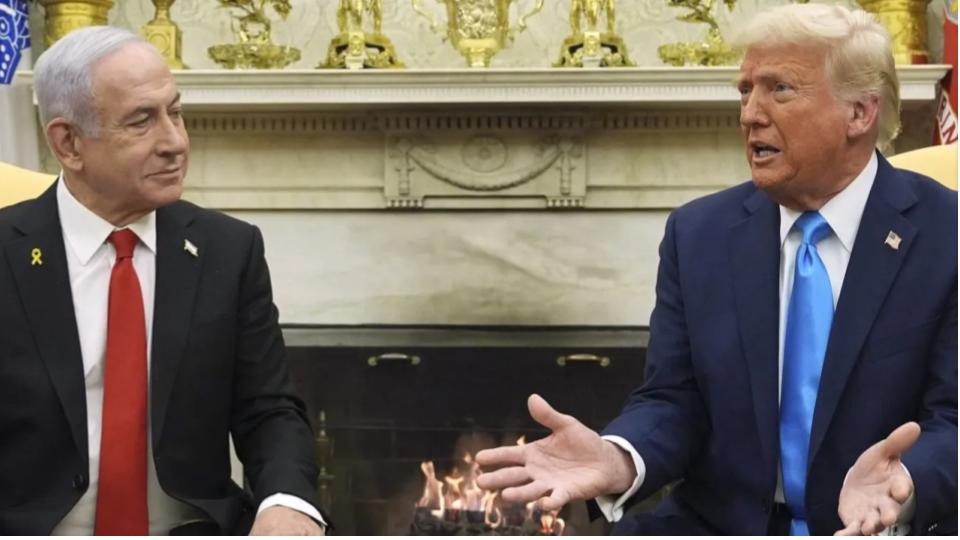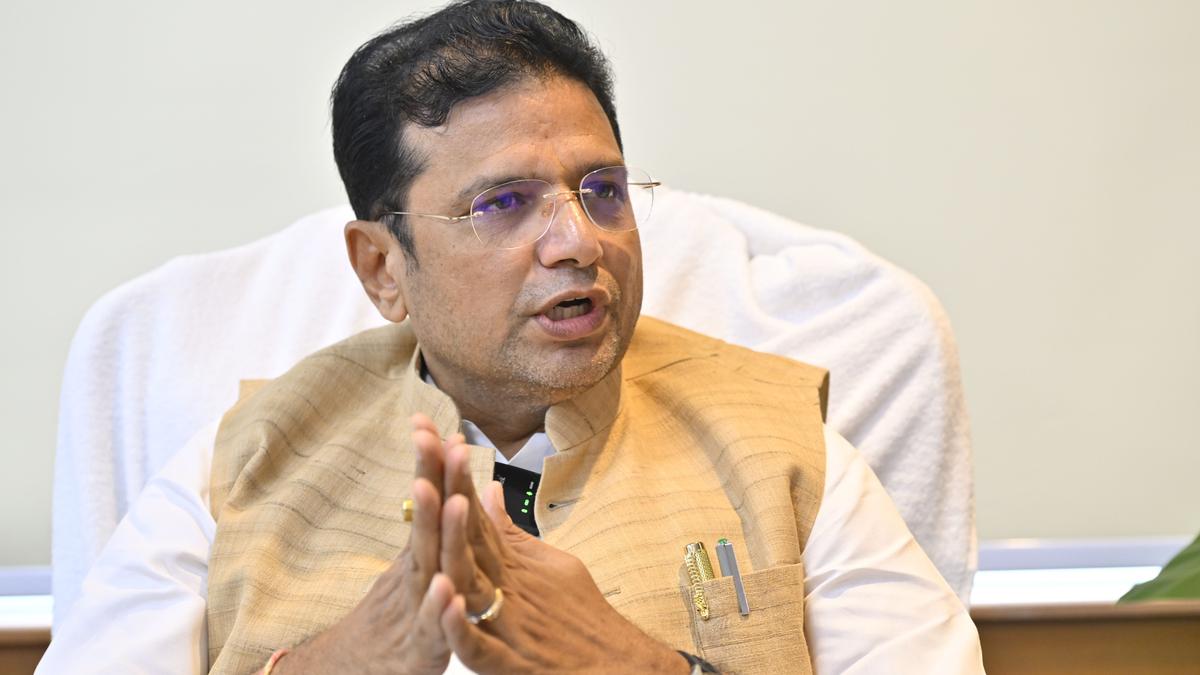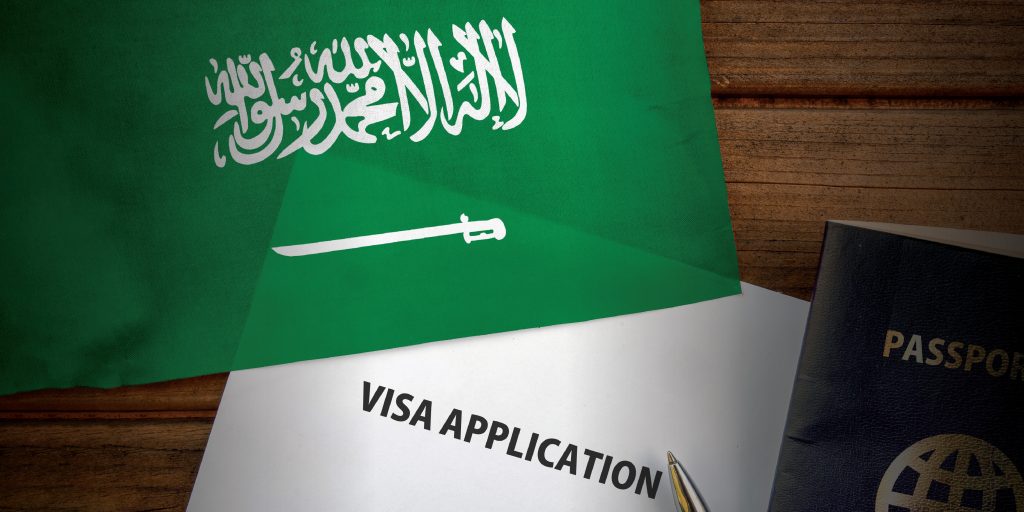‘Aghast’: 134 ex-bureaucrats want ‘wrong decision’ in Bilkis Bano case rectified
Sat 27 Aug 2022, 22:20:33
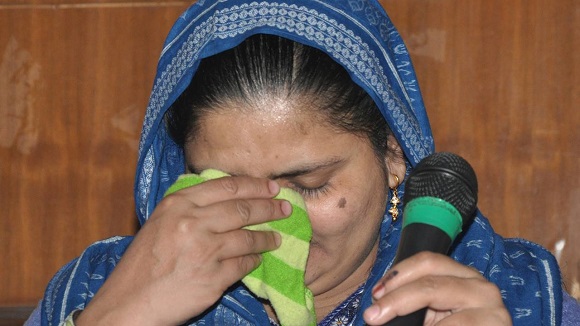
The release of 11 men jailed in the gangrape case of Bilkis Bano has riled up the civil society. In a letter to the Chief Justice of India (CJI) on Saturday, more than 130 former civil servants expressed their displeasure over the release of the rapists as they requested him to rectify this "horrendously wrong decision".
The Bilkis Banos's rapists walked out of the Godhra sub-jail on August 15 - when India celebrated its 75 years of independence - after the Gujarat government granted them permission under its remission policy.
In their letter written under the aegis of the Constitutional Conduct Group, they appealed to the CJI to rescind the remission order by the Gujarat government and send the 11 men -- convicted of gangrape and murder -- back to jail to serve out their life sentence.
"Like the overwhelming majority of people in our country, we are aghast at what happened in Gujarat a few days ago, on the 75th anniversary of India's Independence,” read the letter.
According to a media report, former lieutenant governor of Delhi Najeeb Jung, former cabinet secretary KM Chandrasekhar, former foreign secretaries Shivshankar Menon and Sujatha Singh and former home secretary GK Pillai were among the 134
signatories to the letter.
signatories to the letter.
“We write to you because we are deeply distressed by this decision of the government of Gujarat and because we believe that it is only the Supreme Court which has the prime jurisdiction, and hence the responsibility, to rectify this horrendously wrong decision," the letter read.
Justice Uday Umesh Lalit was sworn in as the 49th Chief Justice of India earlier in the day.
The Supreme Court had earlier issued notice to the Centre and the Gujarat government on a plea challenging the release of the 11 convicts and posted the matter for hearing later.
Bilkis Bano was 21 years old and five months pregnant when she was gangraped while fleeing the 2022 Gujarat riots. Her three-year-old daughter was among the seven killed. In 2008, a special CBI court in Mumbai had sentenced the 11 to life imprisonment on charges of gangrape and murder. Their conviction was later upheld by the Bombay High Court and the Supreme Court.
The former civil servants wrote, "The case was a rare one because not only were the rapists and murderers punished, but so, too, were the policemen and doctors who tried to tamper with and erase the evidence to protect the accused and cover up the crime."
No Comments For This Post, Be first to write a Comment.
Most viewed from National
Most viewed from World
AIMIM News
Delhi Assembly polls: Owaisi leads Padyatra in Okhla
Feb 01, 2025
We reject this Waqf Amendment Bill: Asaduddin Owaisi
Jan 30, 2025
Latest Urdu News
Most Viewed
May 26, 2020
Which political party will win the Delhi Assembly polls to be held on Feb 5?
Latest Videos View All
Like Us
Home
About Us
Advertise With Us
All Polls
Epaper Archives
Privacy Policy
Contact Us
Download Etemaad App
© 2025 Etemaad Daily News, All Rights Reserved.

.jpg)
.jpg)
.jpg)
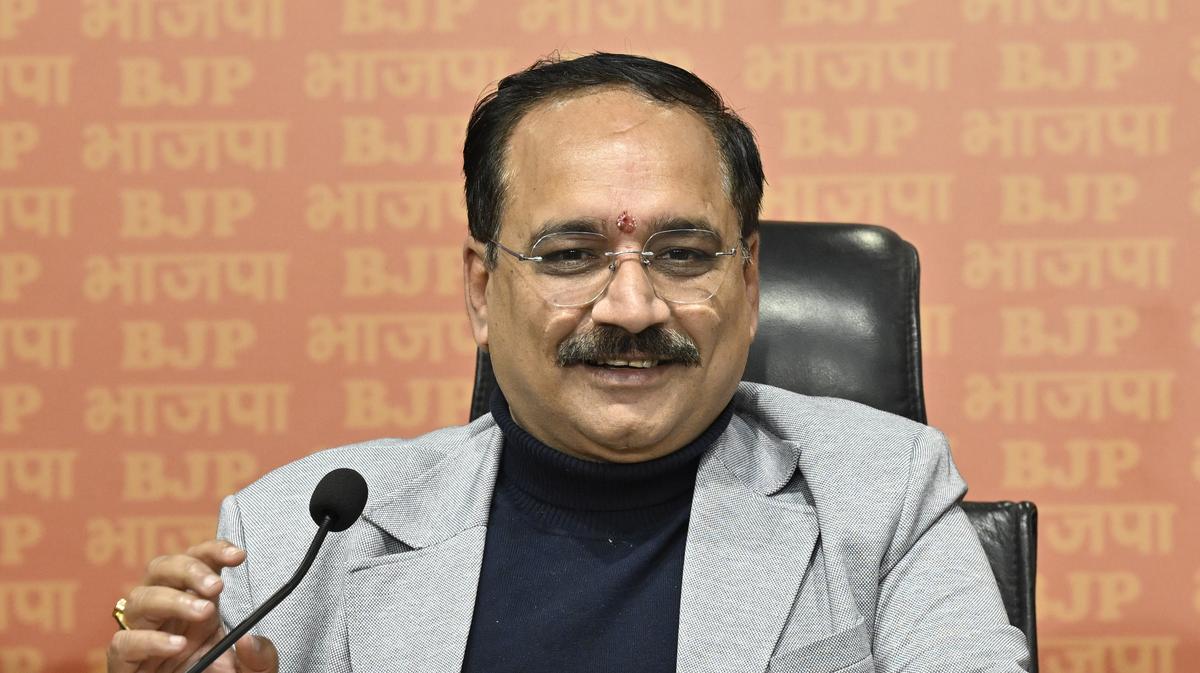
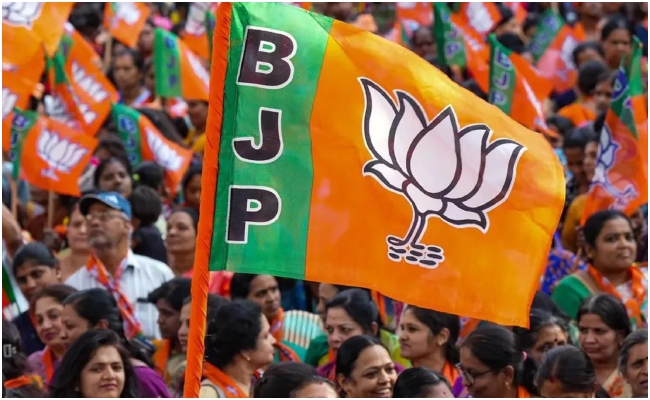
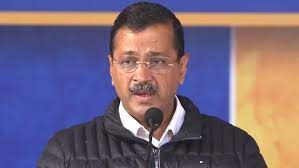
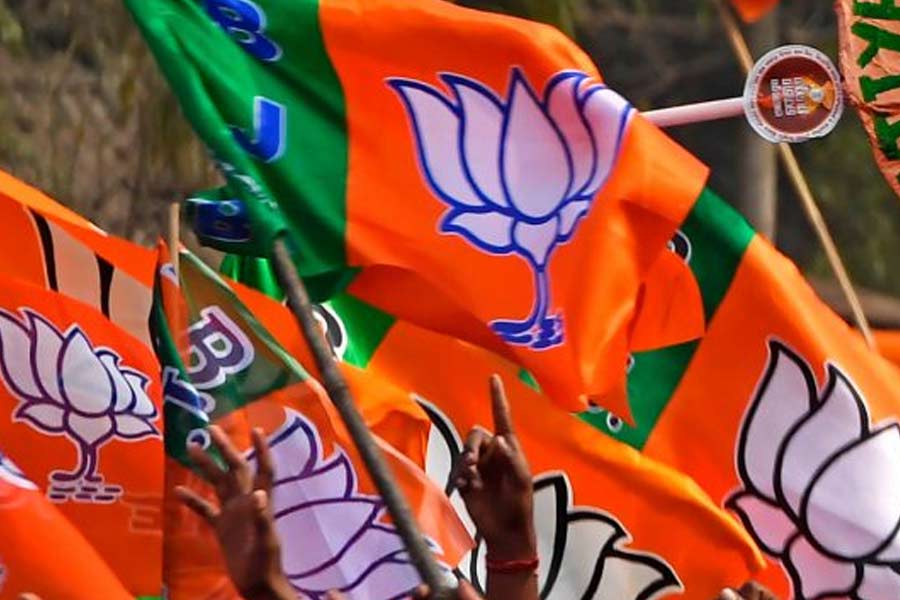
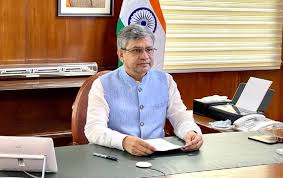
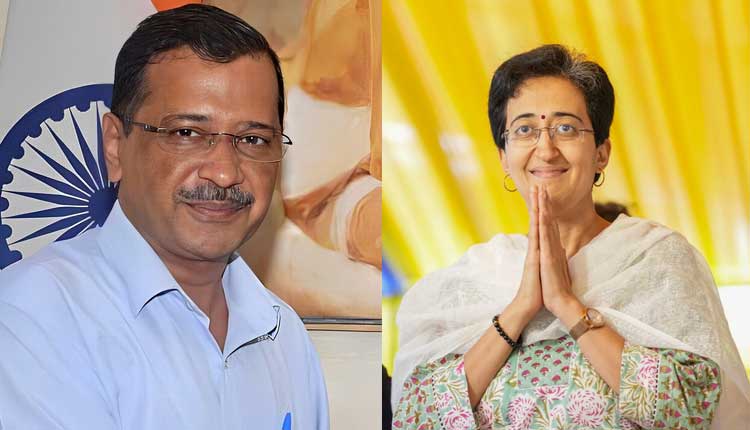

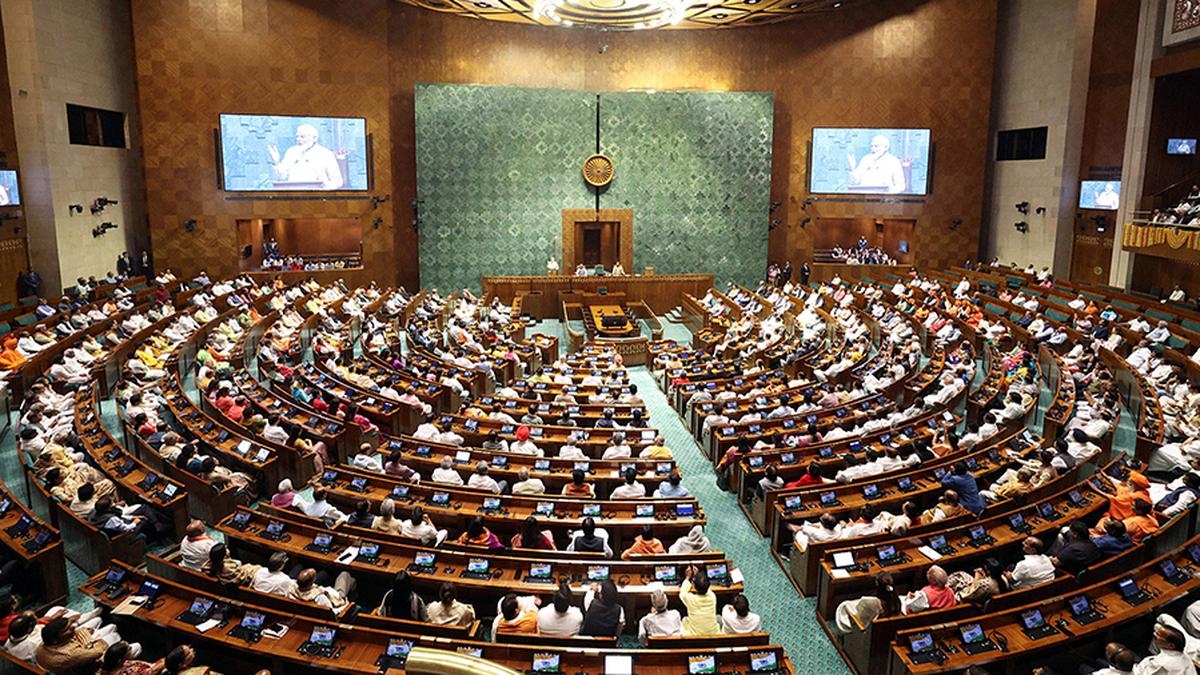
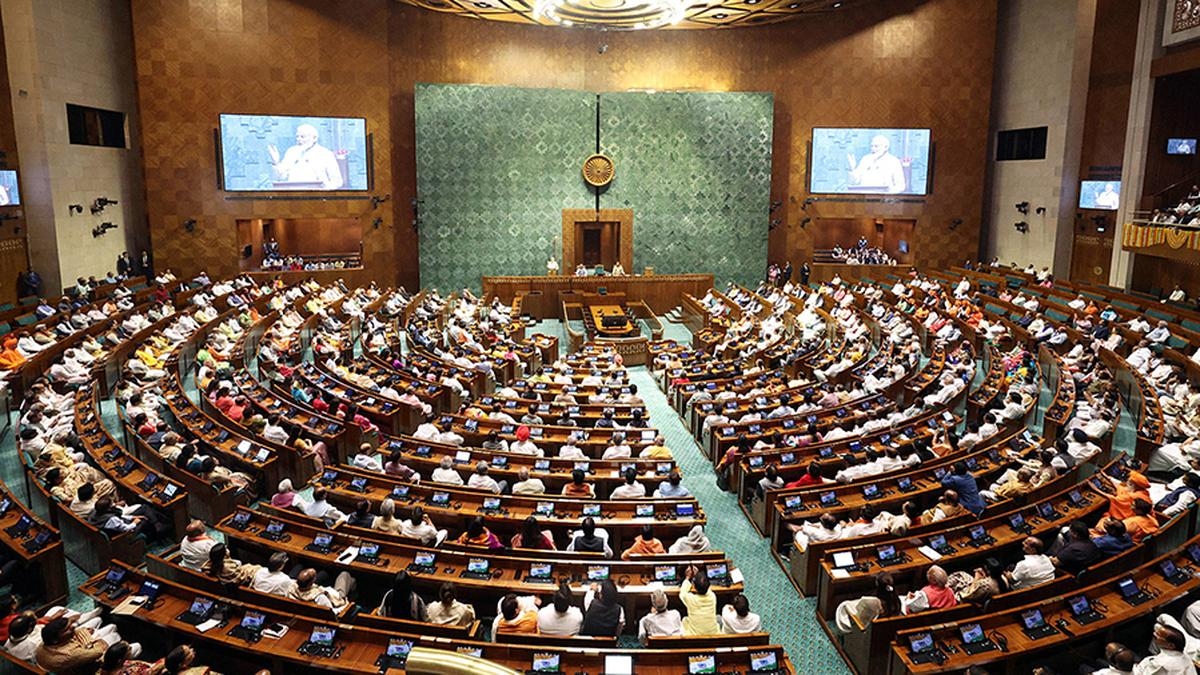
.jpg)
.jpg)
.jpg)
.jpg)
.jpg)
.jpg)
.jpg)
.jpg)
.jpg)
